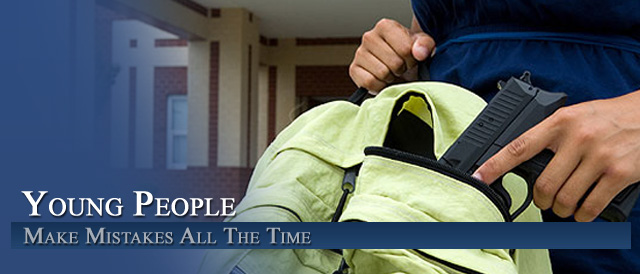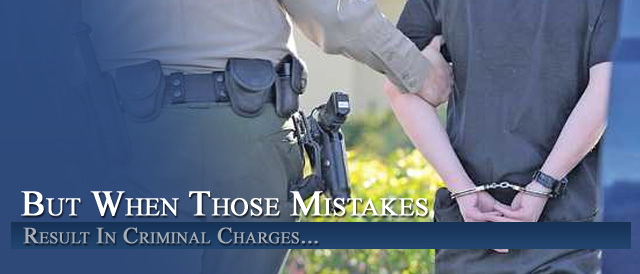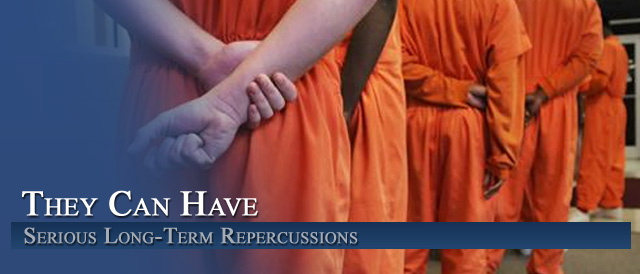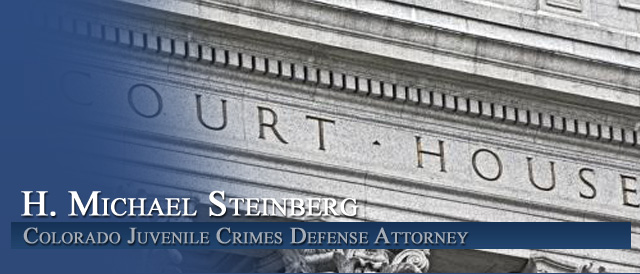




Presentence Investigation 19-2-905
H. Michael Steinberg is both an experienced and a dedicated Colorado Juvenile Criminal Defense Attorney
As a former Senior – Career Arapahoe – Douglas County District Attorney -in his13 years (1984 – 1997) years as a prosecutor – H. Michael was assigned to the prosecution of hundreds of juvenile prosecutions. As a Colorado Criminal Defense Lawyer for the last 16 years (1997 – 2013) – he has successfully handled hundreds more juvenile cases.
Juvenile criminal defense lawyers must be specialized in this area and must have specialized training and experience to be effective on behalf of their clients… essentially just children. Because Juvenile Court is different than adult court – an experienced lawyer in adult may be incompetent to practice in juvenile court.
Where your child’s freedom and future is at stake…go with experience every time.
Here is the statute referenced in the Article That Linked you to this page:
19-2-905. Presentence Investigation
(1) (a) Prior to the sentencing hearing, the juvenile probation department for the judicial district in which the juvenile is adjudicated shall conduct a presentence investigation unless waived by the court on its own determination or on recommendation of the prosecution or the juvenile. The presentence investigation shall take into consideration and build on the intake assessment performed by the screening team. The presentence investigation may address, but is not limited to, the following:
(I) The details of the offense;
(II) Statements made by the victims of the offense;
(III) The amount of restitution, if any, that should be imposed on the juvenile or the juvenile’s parent, guardian, or legal custodian;
(IV) The juvenile’s previous criminal record, if any, if the juvenile has not been adjudicated for an act that constitutes unlawful sexual behavior as defined in section 16-22-102 (9), C.R.S.;
(V) Any history of substance abuse by the juvenile;
(VI) The juvenile’s education history, including any special education history and any current individualized education program the juvenile may have pursuant to section 22-20-108, C.R.S.;
(VI.5) The juvenile’s employment history;
(VII) The juvenile’s family;
(VIII) The juvenile’s peer relationships;
(IX) The status of juvenile programs and community placements in the juvenile’s judicial district of residence;
(X) Other related material;
(XI) Review of placement and commitment criteria adopted pursuant to section 19-2-212, which shall be the criteria for any sentencing recommendations included in the presentence investigation;
(XII) Assessment of the juvenile’s needs; and
(XIII) Recommendations and a proposed treatment plan for the juvenile.
(b) If the juvenile has been adjudicated for an act that constitutes unlawful sexual behavior as defined in section 16-22-102 (9), C.R.S., then the report on the presentence investigation shall include the juvenile’s previous criminal and juvenile delinquency records, if any.
(2) The probation department shall conduct a presentence investigation in each case unless waived by the court on its own determination or on recommendation of the prosecution or the juvenile. The level of detail included in the presentence investigation may vary, as appropriate, with the services being considered for the juvenile.
(3) (a) The state court administrator may implement a mental illness screening program to be used by the juvenile court. If the state court administrator chooses to implement a mental illness screening program, the juvenile court shall use the standardized mental illness screening developed pursuant to section 16-11.9-102, C.R.S., and conduct the screening in accordance with the procedures established pursuant to said section. The findings and results of any standardized mental illness screening conducted pursuant to this subsection (3) shall be included in the written report to the court prepared and submitted pursuant to this section.
(b) Prior to implementation of a mental illness screening program pursuant to this subsection (3), if implementation of the program would require an increase in appropriations, the state court administrator shall submit to the joint budget committee a request for funding in the amount necessary to implement the mental illness screening program. If implementation of the mental illness screening program would require an increase in appropriations, implementation of the program shall be conditional upon approval of the funding request.
(4) Prior to sentencing a juvenile who was adjudicated for an offense that would be a felony or misdemeanor not contained in title 42, C.R.S., if committed by an adult, the court may order the juvenile to participate in an assessment to determine whether the juvenile would be suitable for participation in restorative justice practices that would be a part of the juvenile’s sentence; except that the court may not order participation in a restorative justice practice if the juvenile was adjudicated a delinquent for unlawful sexual behavior, as defined in section 16-22-102 (9), C.R.S., a crime in which the underlying factual basis involves domestic violence, as defined in section 18-6-800.3 (1), C.R.S., stalking as defined in section 18-3-602, C.R.S., or violation of a protection order as defined in section 18-6-803.5, C.R.S.
If the court orders a suitability assessment, the assessor shall provide the services for a fee of no more than forty dollars based on a sliding scale; however, the fee may be reduced by the court based on a sliding scale consistent with guidelines used to determine eligibility for appointment of counsel. If a juvenile wants to participate in restorative justice practices, the juvenile must make the request to the district attorney or the law enforcement agency administering the program and may not make the request to the victim.
If requested by the juvenile or law enforcement agency, a victim-offender conference may only be conducted after the victim is consulted by the district attorney and offered an opportunity to participate or submit a victim impact statement. If a victim elects not to attend, a victim-offender conference may be held with a suitable victim surrogate or victim advocate, and the victim may submit a victim impact statement. If the juvenile participates in a restorative justice practices victim-offender conference, the facilitator shall provide these services for a fee of no more than one hundred twenty-five dollars based on a sliding scale; however, the fee may be waived by the court.
Other Articles of Interest:
- Colorado Juvenile Criminal Process – The Pre-sentence Investigation
- Birdseye Statutory View – Colorado Juvenile Criminal System
- The Colorado Juvenile Pre-Sentence Investigation
- If Your Child Is Arrested In A Colorado Juvenile Criminal Case – Some Tips For Parents From A Colorado Juvenile Criminal Defense Lawyer
- Why You Should Hire A Lawyer In A Juvenile Criminal Case At The Investigation Stage












